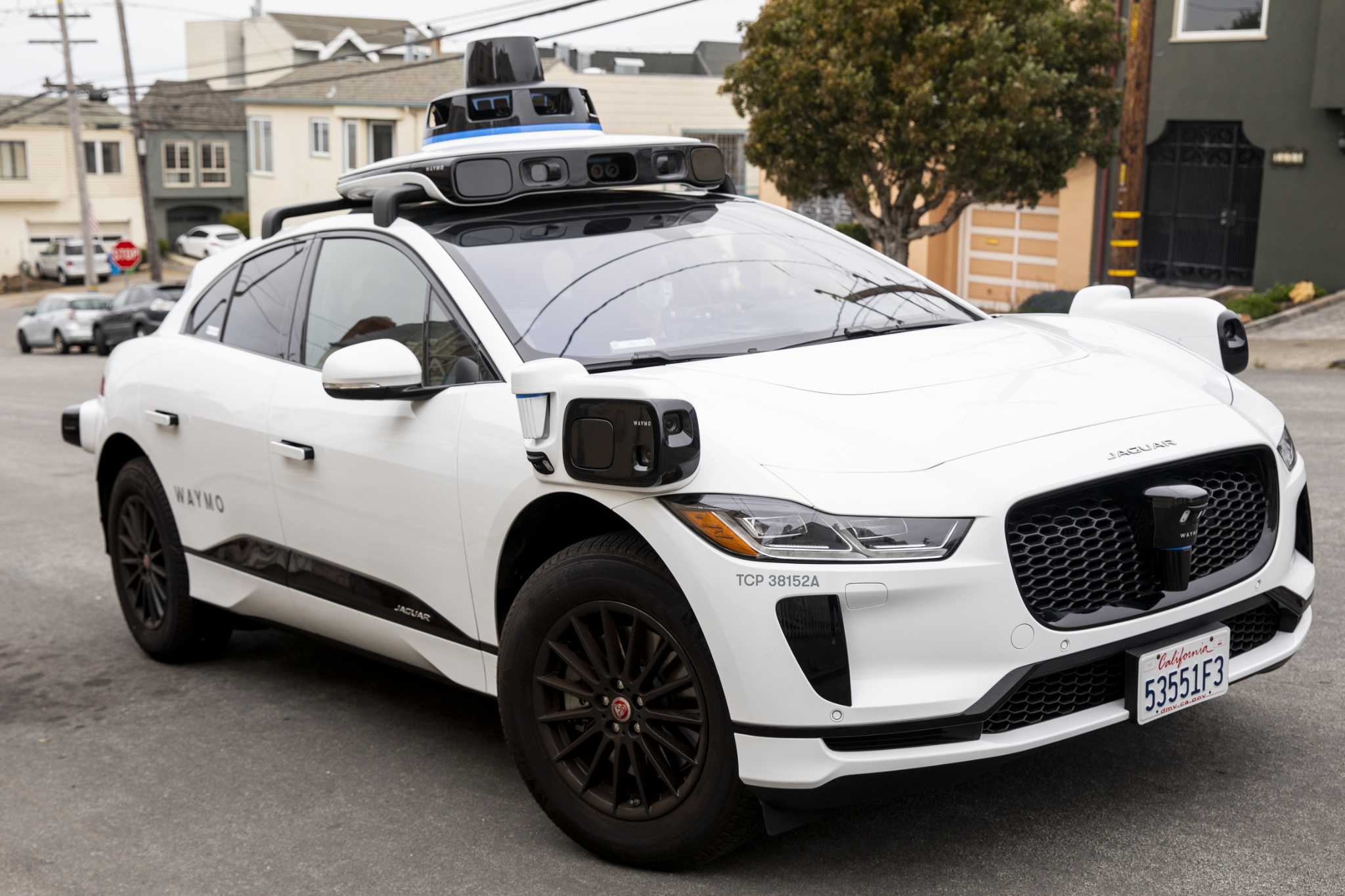California Governor Gavin Newsom has vetoed Assembly Bill 316, which would have required a human safety operator to be present whenever a self-driving truck operated on public roads in the state. The bill, passed by the California Senate in mid-September, aimed to prohibit the use of fully autonomous heavy-duty trucks as they were originally designed.
Key Takeaway
California Governor Gavin Newsom vetoed Assembly Bill 316, which aimed to ban driverless autonomous heavy-duty trucks from operating on public roads. Despite concerns from advocates about safety and job security, Newsom believes that the existing regulatory framework is sufficient to govern this technology and that the DMV can effectively oversee the testing and operations of autonomous vehicles.
In his letter explaining the veto, Newsom argued that current regulations and laws are sufficient in providing oversight and regulation for heavy-duty autonomous vehicle technology in California. Despite being a hotbed for autonomous vehicle testing, the state has some of the strictest regulations in the country.
Stricter regulations in California
Under the current rules set by the California Department of Motor Vehicles (DMV), companies must obtain multiple permits before they can test and deploy autonomous vehicles in the state. However, the current rules only allow the testing of light-duty trucks on public roads.
Since the DMV has been considering lifting the ban on testing autonomous vehicles weighing over 10,001 pounds, the AB 316 bill was introduced to limit the DMV’s authority in regulating autonomous vehicles. The bill would have given the state more control over the removal of safety drivers from self-driving trucks with the aim of protecting road users and ensuring job security for truck drivers.
Pushback from industry and advocates
Advocates of the bill, including the Teamsters union, expressed concern that without the legislation, California drivers would be put in danger, and Big Tech companies would eliminate hundreds of thousands of jobs. On the other hand, autonomous vehicle companies, industry representatives, and chambers of commerce argued that the bill would hinder technological advancements that could save lives and hamper supply chain innovation, affecting California’s economic competitiveness.
Newsom’s stance
In his letter, Governor Newsom stated that he trusts the DMV to effectively monitor the testing and operations of autonomous vehicles in California and that permits would be suspended or revoked, if necessary, to ensure public safety. Newsom also pledged to incentivize career pathways and provide training for workers to equip them with the skills needed to engage with this emerging technology.

























